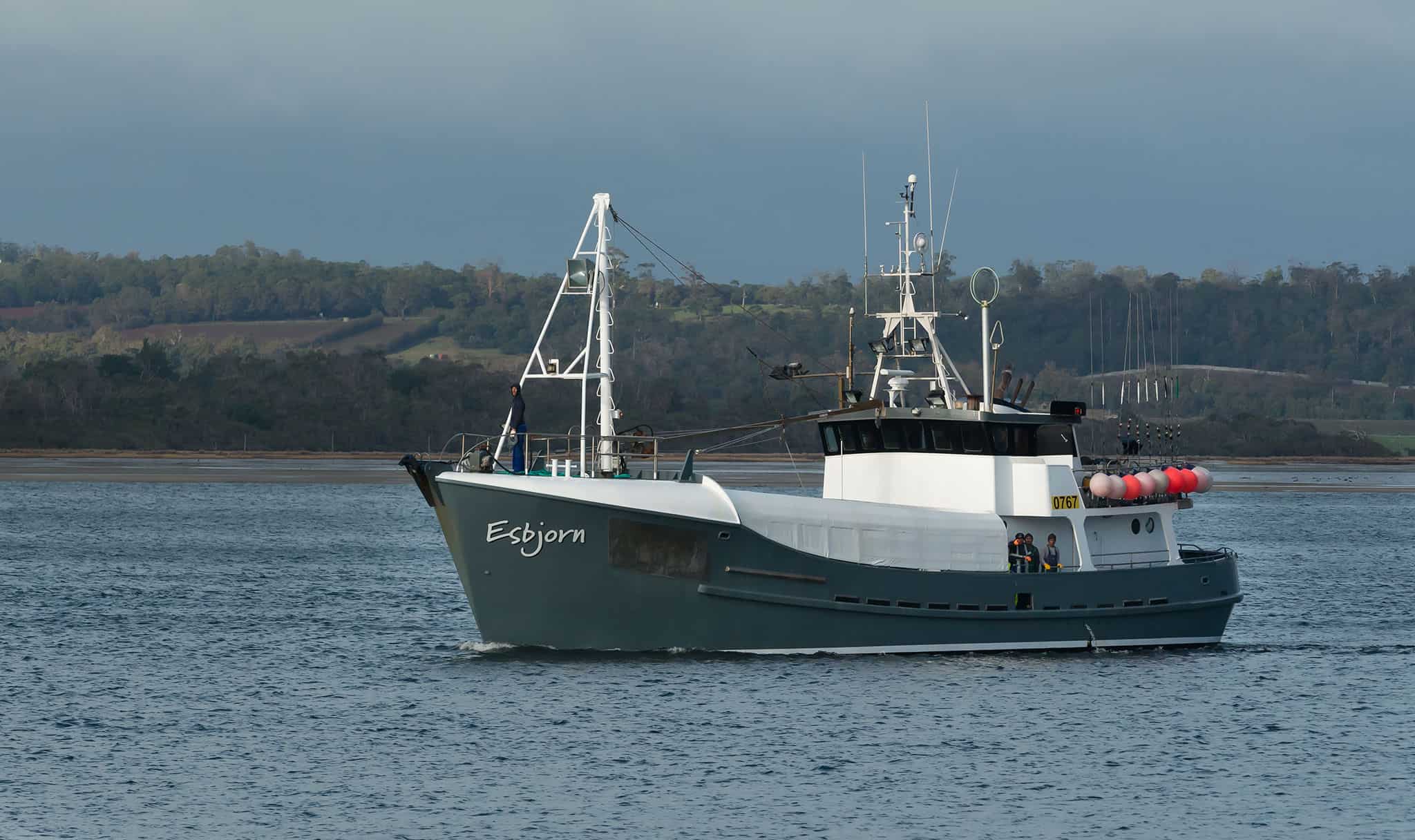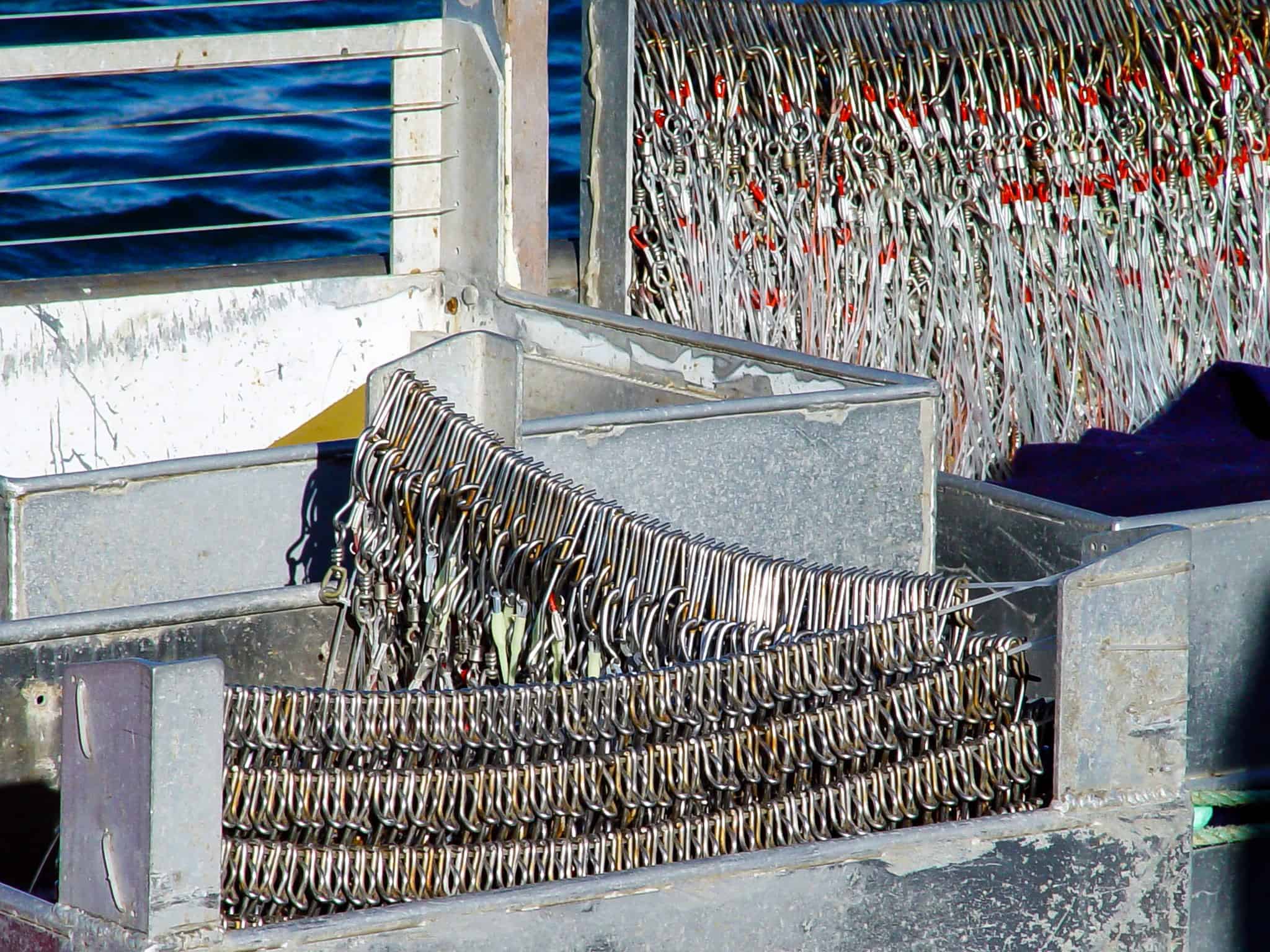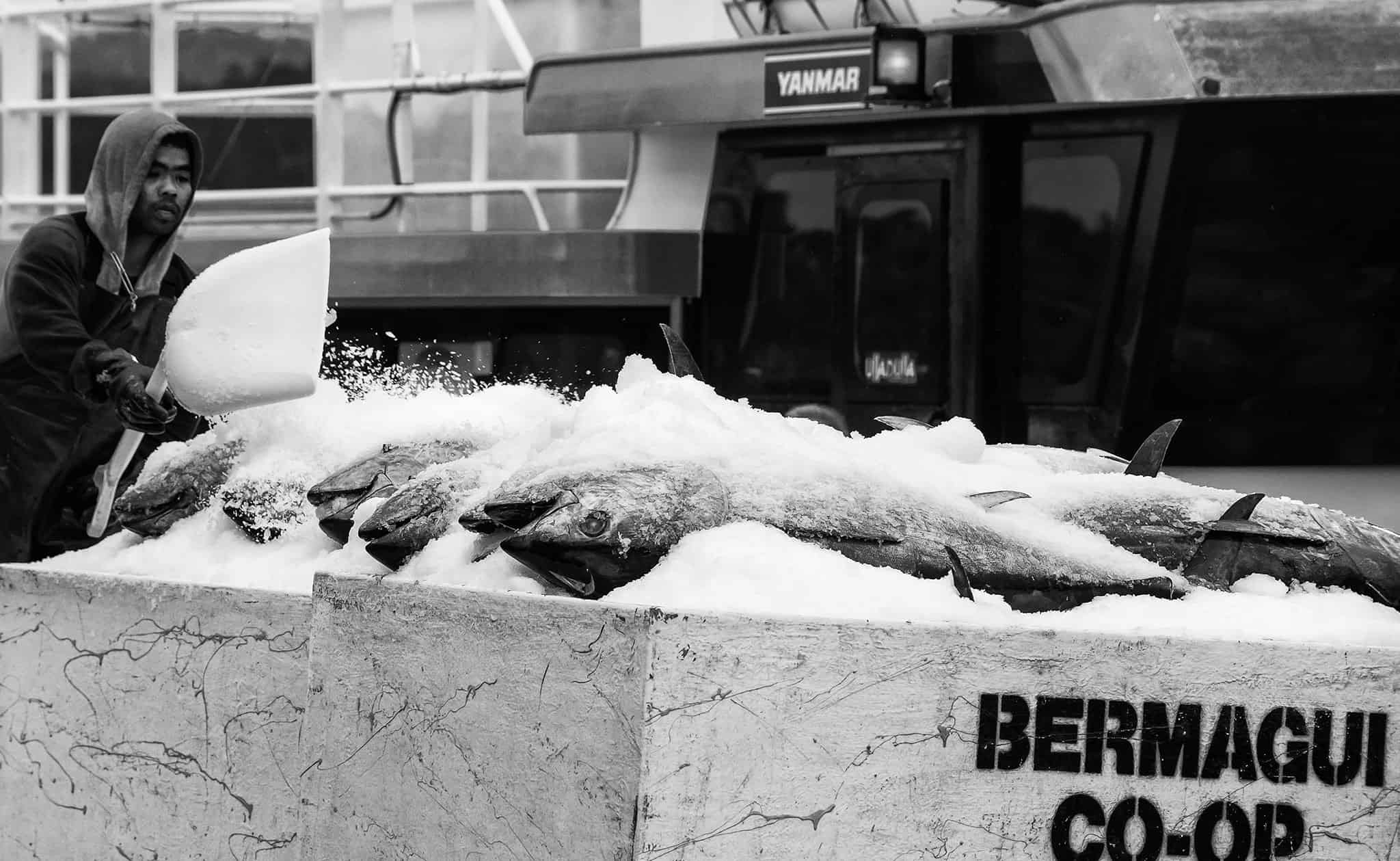Government support welcomed but ‘not a silver bullet’, say tuna producers
Tuna producers have welcomed the Australian Government’s support packages to keep businesses afloat during the COVID-19 pandemic.
The government has committed to spend AUD $110 million to subsidise international air freight for premium fisheries and agricultural exports, waive all levies for Commonwealth fisheries in 2020 and will provide an AUD $1500 fortnightly wage subsidy for affected businesses.
While the assistance is a significant step in the right direction there are more challenges that need to be addressed.
“The main issue we face is finding a market for our produce,” says Tuna Australia CEO David Ellis.
“We need to find an economical way to get our fish to the US market while increasing local domestic sales in Australia.”
“Omega-3 fatty acids have been shown to improve the immune system and offer health benefits. They are found in fish such as tuna and billfish, and in these times, we should be eating more of these fish.”
‘Desperate to export’: Adam Whan, 4 Seas Tuna, Mooloolaba
Owner Adam Whan says the International Freight Assistance Mechanism is “a great initiative.”
The domestic market is as dead as a doorknob.
“We’re desperate to increase local demand or export,” he explains.
“It will be a massive windfall if we can get some cargo space to get product into some overseas markets.”
At the same time, the freight support “is not a silver bullet,” says Adam. Initially, the freight assistance will focus on the key markets of China, Japan, Hong Kong, Singapore and the UAE.
“It doesn’t cover flights to the United States, which was 4 Seas primary market,” he says. “We’re hoping the government will extend it to the US.”

One of 4 Seas’ vessels, the Esbjorn
Adam says that there’s still uncertainty around how much access producers will get, how many planes will be going and the amount of the subsidy.
“If we can’t export to the US, we’d be looking to send a minimum of 15–20 tons of tuna and swordfish per week to Japan. That’s roughly half of a cargo plane just for our operations.
“And the meat and fruit and vegetable industries are both three to four times the size of the seafood sector. I can’t imagine they’ll be putting that many flights on.
Until we know more, it’s hard to know how great the air freight support will be.
On the topic of waived levies, Adam says they are a “welcome boost.”
“The levies are a significant expense for our company. So not having to pay them will help with our cashflow.”
‘I don’t know the answer’: Bob Lamason, Great Barrier Reef Tuna, Cairns
For owner Bob Lamason, accessing the freight support will be difficult, as the initial departure points are Melbourne, Sydney, Brisbane and Perth.
“There’s no flights originating in Cairns. That’s a problem for our Cairns-based business,” he says.
If he were able to get his product to Brisbane or Sydney, he’d be looking to export 3–4 tons per week of tuna to Japan.
“I’m not sure we’ll be able to move this product because we’ve not yet seen the details around the subsidised air freight. It’s too early to know what kind of impact the freight support will have.”
Meanwhile, Bob is looking at other options to move his product, like selling to the local market.
“We have problems shifting stuff around domestically because there are no flights going,” he says. “And the closure of pubs and clubs has killed demand.”

Switching to catch albacore tuna is another option but that comes with challenges, he says.
“If we target albacore then we catch a lot of byproduct, including yellowfin and bigeye tuna and swordfish. And it’s hard to sell the byproduct right now.
“We can freeze swordfish, but we can’t freeze yellowfin and bigeye tuna and get a reasonable return. I don’t know what the answer is.”
As for the JobKeeper payment, Bob says it may provide some help.
“Some of our factory staff will be eligible. However, we have overseas workers and we’re waiting for a response from the government whether they qualify for the program or not.”
Despite the current challenges, Bob says he still has vessels going out for now.
“At this stage, we’re going to sea for three days. We’re only doing that to get fish for a few people for Easter.
Everyone is hoping for a lift over Easter.
“But after that, domestic demand will likely drop as dead as a dodo.”
‘It’s all going to help’: Steve Basile, Angelica Fisheries, Ulladulla
Steve has welcomed the government support for tuna producers, saying that “it’s all going to help.”
“Our second and third levies for 2020 have been waived. It’s good news.
“The JobKeeper payment will help pay the wages for four of my staff. But, unfortunately, my other four staff aren’t eligible because they’re overseas workers—we’re waiting for the government to let us know if they qualify.”
Critically, the freight support will help him get product to Japan.
“This year, we’d be looking to export 100–150 tons of bluefin tuna to Japan,” he says. “We never used to send this much to Japan, but the domestic market has crashed and burned.”

With details still to be released about the amount of cargo space available to producers, Steve is unsure how much product he and other tuna producers will actually be able to export.
“The Ulladulla Co-op, which has around eight to 10 boats, will be looking to export 400–500 tons to Japan. There’s a lot of product that the whole industry will be looking to shift.”
But the freight support is “only good if Japan stays open to imports and the market remains viable,” he adds.
“If Japan shuts up shop, then I’m not sure what would happen.
Japan will weigh heavily on whether we [Angelica Fisheries] survive or not.
For now, Steve is focused on just getting through the next three months.
“My main aim is to keep the boats fishing to cover the boys’ salaries, fuel, money for skippers, running costs,” he says.
“Even if we don’t make a profit, I’ll be happy if we can cover our running costs for the coming months.”